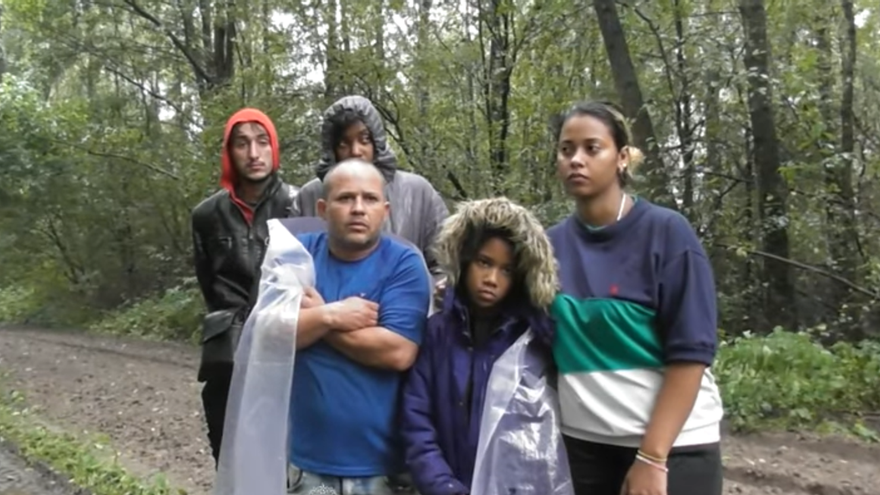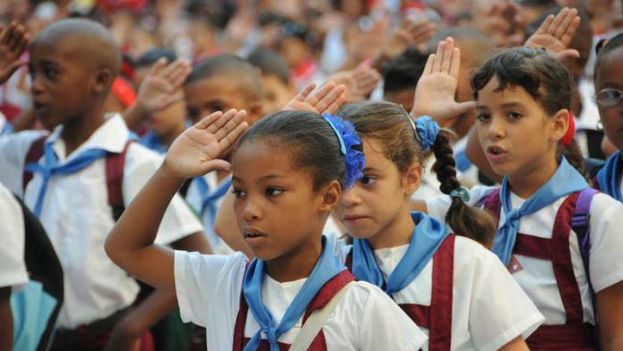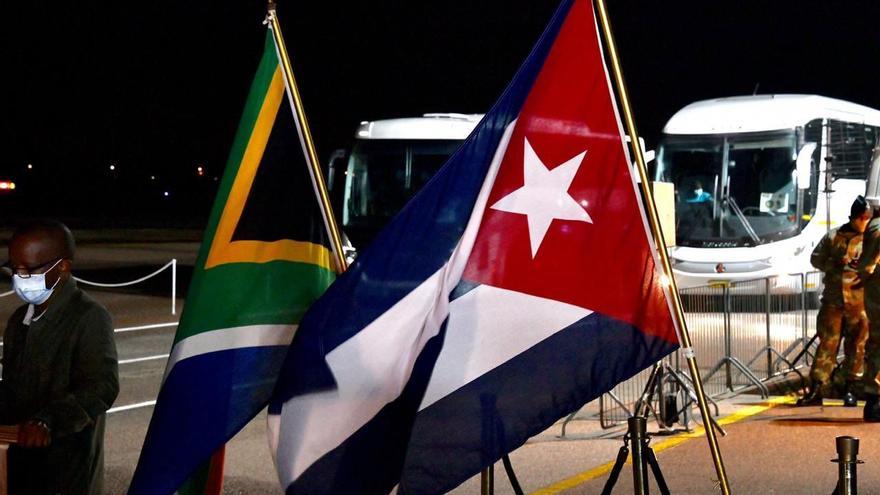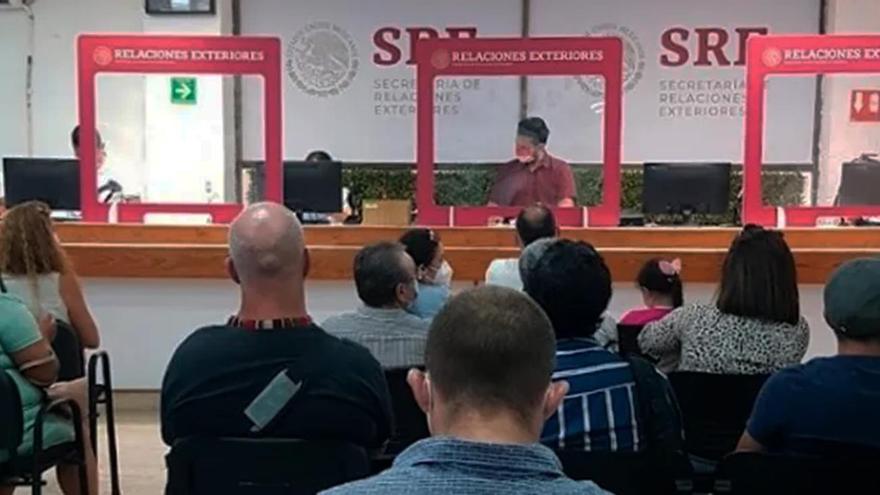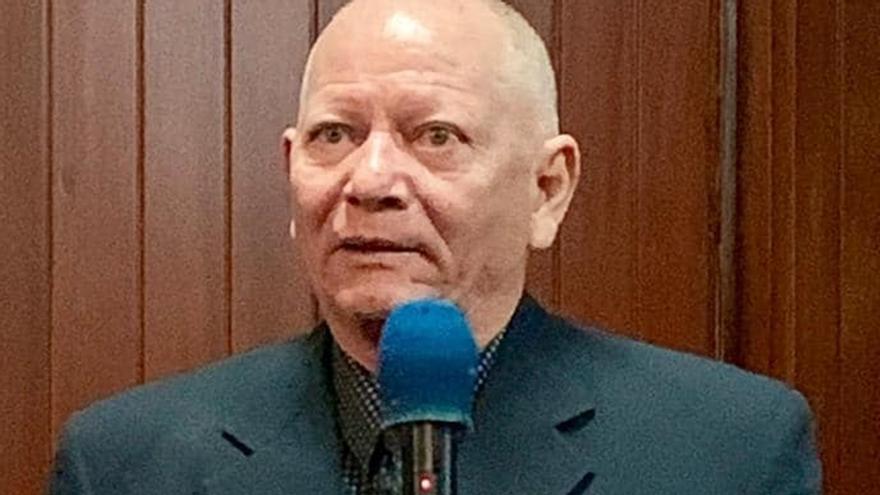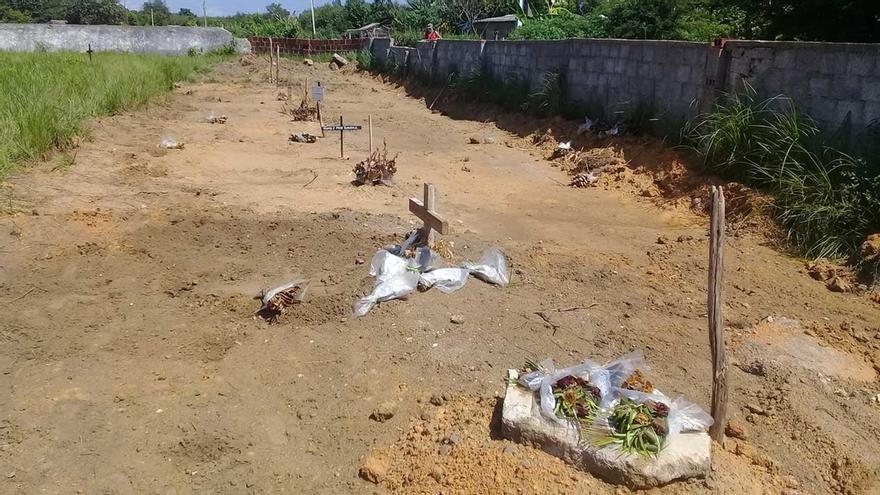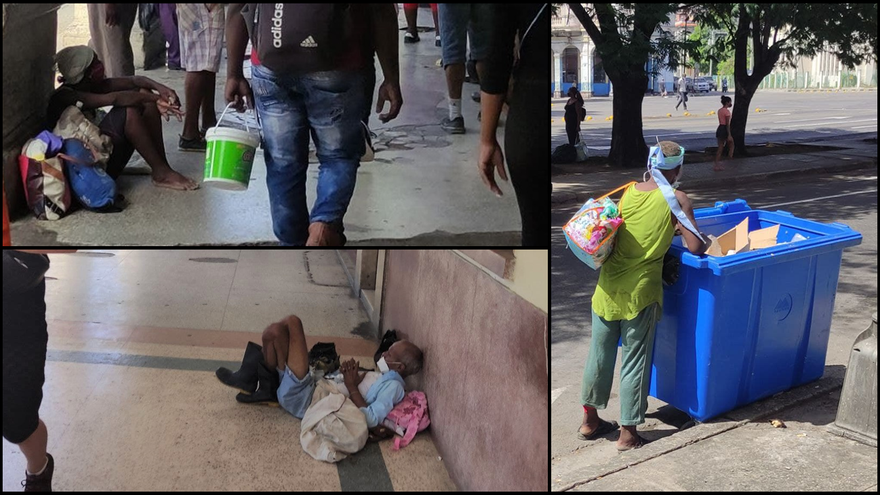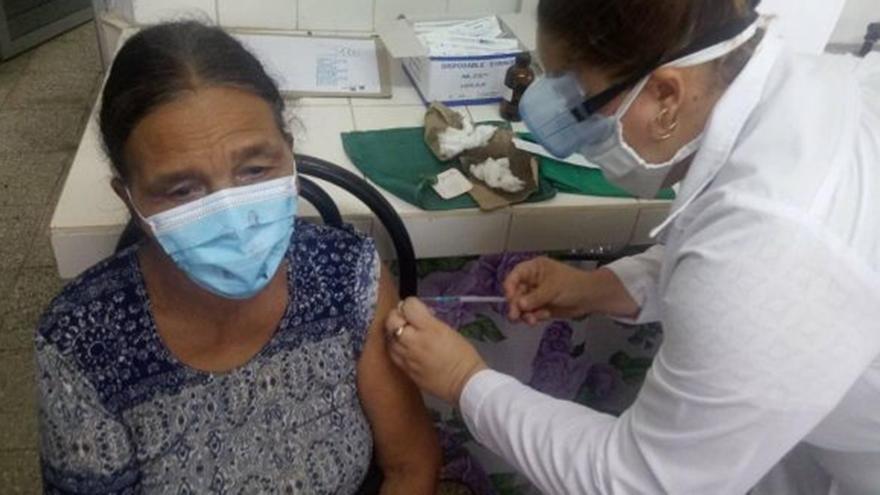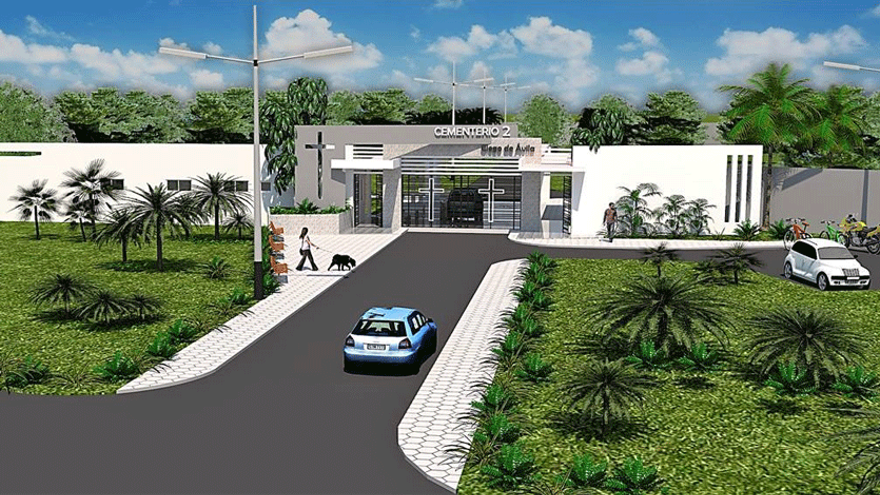
![]() 14ymedio, Havana, Luz Escobar, 31 August 2021 — It’s not so long since the reggaetoner Roberto Hidalgo Puentes, known as Yomil, distanced himself from politics and asked that artists be left alone, but it’s been an eternity. The death of his colleague in the duet, El Dany, changed everything forever and now he not only claims justice to clarify the negligence that cost his “brother” his life, but he also takes to the streets of Havana shouting “freedom,” as he did on July 11th with thousands of other protesters. Now, with his song De Cuba Soy, he has once again placed himself in the spotlight and speaks openly with 14ymedio about his commitment to democracy.
14ymedio, Havana, Luz Escobar, 31 August 2021 — It’s not so long since the reggaetoner Roberto Hidalgo Puentes, known as Yomil, distanced himself from politics and asked that artists be left alone, but it’s been an eternity. The death of his colleague in the duet, El Dany, changed everything forever and now he not only claims justice to clarify the negligence that cost his “brother” his life, but he also takes to the streets of Havana shouting “freedom,” as he did on July 11th with thousands of other protesters. Now, with his song De Cuba Soy, he has once again placed himself in the spotlight and speaks openly with 14ymedio about his commitment to democracy.
Escobar. You presented De Cuba Soy stating that it was “the most important issue” of your career, why do you see it that way?
Yomil. I believe that when an artist joins the just cause knowing that he may lose everything he has fought for, the work surpasses all successes. It is the greatest contribution I can make to my people.
Escobar.The video is risky, starting with the choice of the director who was controversial within [Cuba’s] institutions, and continuing with its aesthetics, which is quite unusual. How did this collaboration with Yimit Ramírez come about? Was he aware of the risks involved?
Yomil. I started a friendship with Yimit some time ago. I saw his work and it interested me, I take a lot of risks when working with talented filmmakers and he was not going to be the exception. I knew I would do something tough, knowing how important this topic is to my life, and I just let him create and go free, but I never thought he was going to impress me so much. I’m very proud of the result and his creativity, that’s why I respect him a lot.
“I knew I would do something tough, knowing how important this topic is to my life, and I just let him create and go free, but I never thought it would impress me so much. I am very proud of the result”
Escobar.It has been less than a week since the song and the video were released and it has already received attacks and threats from the official press and cultural institutions. Did you expect it? Do you have support around you?
Yomil. Of course, I knew that this was going to happen when I saw how they have acted with other artists who have manifested themselves in the same line. I knew they were going to threaten, offend and defame me, that’s not news to anyone. But on the part of my team continue reading
Escobar.Other artists who have openly assumed their critical vision towards the Government are imprisoned today, such as Luis Manuel Otero Alcántara, Maykel Castillo or Hamlet Lavastida. Are you afraid of finding yourself in a situation like that?
Yomil. I believe that I have not crossed any limits, since I am an artist and I have the right to be free in my work. Since I decided to risk everything, I am psychologically prepared for the worst, but I think the government is idiotic in reacting to some things and very smart about others. If something like this happens to me, they know that young people follow me and are capable of doing anything for their favorite artists. The proof of that was the loss of my brother Dany, when the people, spontaneously and without any convocation, went out to bid farewell to him in different provinces and cities around the world. Something like this had never happened in the country and I think the Government realized the great level of appeal that Yomil and El Dany had in Cuban society, so I don’t think they will make unexpected decisions that make their situation worse. There could be another July 11th, 12th, 13th, 14th and they know it. So I think they will leave it at that.
“The Government is idiotic in reacting to some things and very smart about others. If something like this happens to me, they know that young people follow me and are capable of doing anything for their favorite artists”
Escobar.Speaking of El Dany, at one point in the song you refer to him and the need for justice to be done, to what do you think the lack of answers about what happened in the hospital that day is due?
Yomil. It was medical negligence, and the treatment they gave him was a total lack of respect, since only they know the measures they took with the nurse who was on duty that morning. That’s why, because of the respect and brotherhood that I have towards Daniel, I will always ask for justice, because if that had happened to the son of any high-ranking leader in this country, believe me, they would imprison the whole country, but they looked the other way when it came to my brother, and that hurts and offends.
Escobar.On July 11th, you took to the streets together with those who were demonstrating against the Government. Did your vision of Cuba change from the political and social point of view then?
Yomil. I think that my vision on the social political issue of my country changed since I began to travel and worry about the serious problems we are experiencing, noticing that the Government has a hard time accepting different points of view and criticism, when I go out on the streets of my Havana and see how it deteriorates more every day, when arriving at any province and seeing how suspended in time it continues to be, when seeing the way the Government acts in the face of the thousands of problems that exist due to its mismanagement, when seeing how disconnected they are from reality, and so on. There are many things that I have seen, I have lived and I have learned. When one is acquiring maturity and knowledge, one must contribute his grain of sand to try to accelerate that process of change that my country is sorely lacking. I live here and I know that the most precious thing human beings have is time and that Cuba is in no condition to lose it, on the contrary, it is time to recover it, because there is only one life.
“I live here and I know that the most precious thing that human beings have is time and that Cuba is in no condition to lose it, on the contrary, it is time to recover it, because there is only one life”
Escobar.Yomil and El Dany sang the song Música Vital with several Cuban artists who today remain silent in the face of the repression that took place on July 11th. How do you feel about that?
Yomil. I don’t really know, because I haven’t seen any of them making any statement against me, but I did have a meeting last Saturday with the president of the Institute of Music. They summoned me at 10 am at my company to explain the reason for my song and I explained all the reasons in a meeting that lasted more than two hours. She told me that, on the part of the institution, nothing was going to happen, but that she would wait for the response of several artists from the union who were supposedly outraged, since they are committed to socialism. I respect their position always and when they respect mine, and depending on their answer, they will have mine too. I think they are not prepared to put up with being told a few truths (laughs), but so far, these are just speculations, so let’s wait and see.
Escobar. What do you visualize when you think of “a change” for Cuba?
Yomil. I see Cuba being State with the rule of law, where ordinary Cubans are the highest authority, where there is no abuse of power, repression or censorship for thinking differently, where dialogue is accepted as a way to solve problems, because I think that the first thing we have to have is a change of mentality and make it an open country, not only of the so-called “revolutionaries” who, for me, have nothing of revolutionaries. It must become a country of everyone and for everyone, also for those Cubans who had to leave it, many risking and losing their lives in order to have a better future, who had to start a life from scratch in a foreign country to help their families and have a dignified life. I want my country to be one of the best in the world and I tell you with total confidence that it can be done, as long as everything that needs to be changed is changed.
Translated by Norma Whiting
____________
COLLABORATE WITH OUR WORK: The 14ymedio team is committed to practicing serious journalism that reflects Cuba’s reality in all its depth. Thank you for joining us on this long journey. We invite you to continue supporting us by becoming a member of 14ymedio now. Together we can continue transforming journalism in Cuba.

